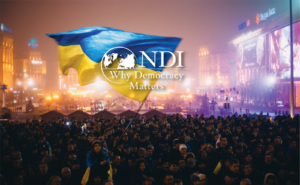 Vladimir Putin made two miscalculations by invading Ukraine, notes
Vladimir Putin made two miscalculations by invading Ukraine, notes
“First, he was hoping that, as had been the case with his war against Georgia, the West would tacitly swallow his aggression against Ukraine. A unified response from the West was not something he expected,” he writes for The New York Times.
“Second, since in his mind Russians and Ukrainians were one nation, Mr. Putin believed Russian troops needed barely to enter Ukraine to be welcomed with flowers. This never materialized.”
confirmed that the distinction between Ukrainians and Russians “lies not in language, religion or culture — here they are relatively close — but in political traditions,” he adds. “Simply put, a victorious democratic revolution is almost impossible in Russia, whereas a viable authoritarian government is almost impossible in Ukraine,” he wrote.
The human rights group OVD-Info reports that almost 15,000 Russians in over 150 cities have been detained for anti-war protests, notes Dylan Myles-Primakoff, Senior Program Manager for Eurasia at the National Endowment for Democracy (NED).
The war and the resulting sanctions represent the most significant disruption to Russian society since the collapse of the Soviet Union. At this early stage, we cannot predict future developments with any confidence. But what is clear is that any hope for a more peaceful Russia will require the empowerment of those Russians who reject the repression and militarism of the current government, he writes for the Atlantic Council:
Observers seeking cause for optimism should note that public opinion research shows support for the war concentrated among older Russians, while respondents in the 18-24 age group were actually more likely to express opposition than support (39 percent opposed versus 29 percent supporting). Rather than alienating this cohort by treating them as responsible for a conflict they oppose, Western policymakers and commentators should reject the Kremlin narrative of a public united in support of Putin’s invasion and instead express solidarity with Russians who oppose this disastrous war.
The invasion is likely to discourage others from following in Putin’s footsteps and, rather than auguring a new era of authoritarian military expansion, it is likely to put autocratic governments on the defensive, according to the University of Toronto’s Lucan Ahmad Way, coauthor (with Steven Levitsky) of the forthcoming book, Revolution and Dictatorship: The Violent Origins of Authoritarian Durability.
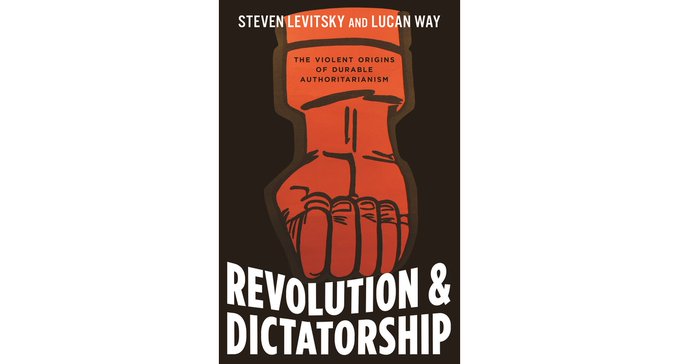
“Even if Russia ekes out a military victory in Ukraine, the country is likely to have far fewer resources to project its influence abroad,” he writes for The Journal of Democracy. “The global liberal project may emerge from this darkness stronger and more invigorated than before.” RTWT
The Ukraine chapter of the European Democracy Youth Network (EDYN) is a unique success story and Denys Ganzha (below) is one of its leading lights, the National Democratic Institute adds. Ganzha founded the Kharkiv-based “Public Diplomacy Platform” to facilitate workshops, trainings, and debates aimed at getting young people involved in international affairs and diplomacy. In January 2022, Denys was selected by President Volodymyr Zelenskyy to serve as a member of Ukraine’s Youth Affairs Council.
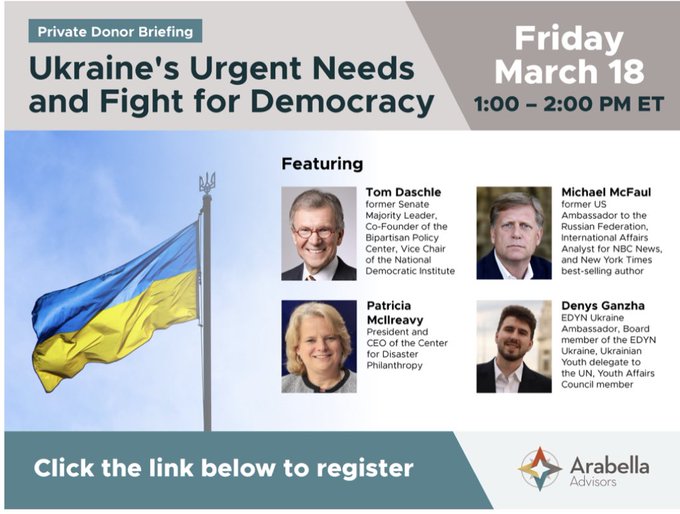
Being a civic activist for more than 5 years, I never imagined that the skills I gained at various NDI and EDYN events would actually be used in the real battlefront. My country is at war, which is not only for the future of our nation, but is also for the whole democratic world and for our democratic values. Whenever someone asks me “how is my family?”, I always respond that right now my family is 40 million people and they are all in danger. We really tasted the meaning of the word “unity”. – Denys Ganzha – EDYN Ukraine Board Member
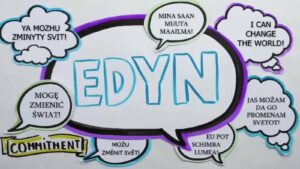
Credit: NDI
“By incentivizing cooperation across the ideological spectrum and steering attention to real problems young people face, we believe we can soften the edges and counter polarization in the public life among future leaders,” said Michal Kovács, EDYN Executive Director. RTWT
The best way to counter authoritarianism is through powerful and consistent advocacy for democracy; to relentlessly support free people everywhere struggling to sustain their democratic rights and liberties. There is nothing Putin dreads more than an empowered citizenry, NDI observes.
Its Ukraine programs confirm that there is no better way to hold the line on Putin’s ambitions than by strengthening the quality of surrounding democracies in the region, supporting women’s advocacy, bolstering marginalized groups, countering Kremlin disinformation, and empowering young activists.
The war in Ukraine is a stark reminder of why democracies need long-term strategies to face autocratic threats, says the Club of Madrid. #PrioritiseDemocracy
Western leaders must find that same firm resolution as Ukraine’s people in confronting Putin, former Ukraine prime minister Oleksiy Honcharuk tweeted.
“Putin, like any dictator, feeds off fear. Our people are not scared. There is no panic, just firm resolution to fend off this horrifying assault. Western leaders must find that same resolve.”
From former @StanfordCDDRL fellow @O__Honcharuk. Read more
https://t.co/E6RbIFrNLw
— FSI Stanford (@FSIStanford) March 18, 2022

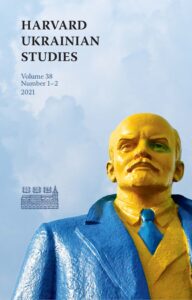 The war has also
The war has also





